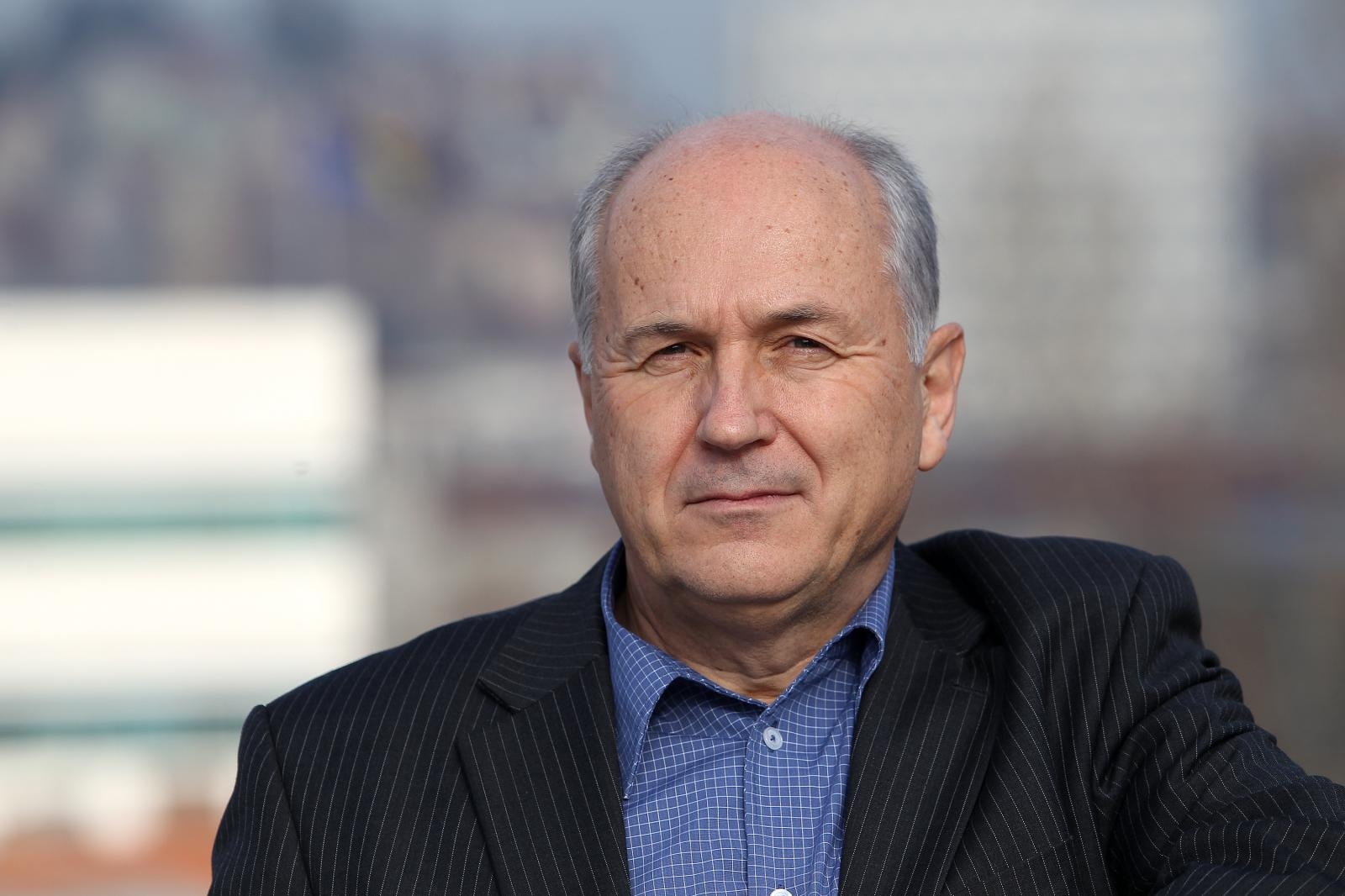
The coronavirus pandemic has revealed Bosnia's dependence on foreign aid which is the result of the failure of nationalist political elites focusing on policies that do not matter to citizens or the country, international community's overseer of the civilian implementation of the Dayton Peace Agreement that ended the Bosnian war, Valentin Inzko, wrote in his report to the UN Security Council in which he also pointed to everything holding the country back from functioning properly.
His report, which covers the period from April 16 to October 15 2020 notes that More than six months have passed since the outbreak of the coronavirus disease (COVID 19) pandemic in Bosnia which revealed long-standing problems in Bosnia and Herzegovina, in which certain politicians pursued their divisive political agendas at the expense of a unified fight to contain the spread of the virus and its impact on the economy.
“In short, the current crisis revealed that the focus by some politicians on making Bosnia and Herzegovina and one of its entities (the Federation) dysfunctional has resulted in the country’s increased economic and material dependence on the international community and contributed to financial, health-related and other vulnerabilities that will have a negative impact on the population,” Inzko wrote.
In October, the European Commission delivered its report on Bosnia he recalled, ading that the Commission assessed that the country still had work to accomplish in terms of its ability to meet the obligations of European Union membership, with limited progress in most key reform areas.
“On 7 May, the Central Election Commission of Bosnia and Herzegovina announced that the local elections for 2020 would be held on 4 October. However, left without the necessary funding for their preparatory activities owing to the dissatisfaction of two political parties, the Republika Srpska-based/Serb-majority Union of Independent Social Democrats (SNSD) and the Federation-based/Croat-majority Croat Democratic Union (HDZ Bosnia and Herzegovina), with the election and composition of the Central Election Commission, the Commission was forced to postpone the date to 15 November,” he wrote.
In his report, the High Representative recalled that during the process of organizing the elections, the Commission faced numerous politically motivated obstructions by some institutions. Despite all these challenges, the Commission was successful in preparing for the elections and trying to reduce the risks of election fraud.
“There was movement on at least one key outstanding issue. In June, the leader of the Bosniak-majority Party for Democratic Action (SDA), Bakir Izetbegovic, and the leader of HDZ BIH, Dragan Covic, signed an agreement to amend the Election Law of Bosnia and Herzegovina to enable the holding of local elections in Mostar for the first time since 2008,” he noted.
Unfortunately, the High Representative said, they have not seen enough positive developments in the country.
“The impending political campaign period – which has not even officially begun – is already again characterized by divisive, negative rhetoric that deepens existing divisions and makes reconciliation in Bosnia increasingly difficult. In this backward-looking political environment, other issues, such as gender equality, are completely sidelined, which is unacceptable for a country aspiring to membership in the European Union,” the report notes, adding:
“I am particularly concerned by relations among the political leaders in Bosnia and Herzegovina, which are increasingly antagonistic and unproductive. Among other issues, there are continued threats of secession, blockages at the State and Federation levels, and too much inflexibility on certain positions, none of which contributes to moving the country forward or improving the lives of its citizens.”
Highly divergent positions also impede the country’s ability to effectively cope with the security and humanitarian aspects of the increasing inflow of refugees and migrants who enter the country attempting to transit to the European Union, Inzko pointed out.
“While the Federation entity in general hosts the largest number of refugees and migrants, the Republika Srpska entity continues to refuse the establishment of reception centers on its territory and has also actively transported individuals they identify as refugees or migrants to the inter-entity boundary line. The State-level authorities seek the means to return those who have arrived irregularly while still continuing to uphold their obligations under international and national law,” he warned the Security Council.
Once again, Inzko noted that the results of the general elections held in October 2018 have still not been fully implemented.
“A new Federation Government has not been appointed for more than two years, and the Federation Government from the previous mandate is still sitting, along with the previous Federation President and Vice-Presidents. In addition, the Federation President continues to block the appointment of judges to fill the vacancies on the Federation Constitutional Court,” he wrote.
“I am duty-bound to report that, a quarter of a century since the signing of the General Framework Agreement for Peace, there are still some very negative political tendencies in Bosnia and Herzegovina that potentially pose serious risks to peace and stability. After a decade of positive reintegration, the dynamic in the country has shifted and political forces are attempting to roll back reforms and progress. As a result, and because they rely on power-sharing structures that provide opportunities to block work and decision-making in key institutions, the State and Federation levels, in particular, are in many aspects dysfunctional,” Inzko added.
He urged the Security Council to call on the political leaders with a single voice to put aside their differences and focus on uniting to face the common challenges of this moment, in the interests of, as is written in the General Framework Agreement for Peace, “an enduring peace and stability.”
The entire report can be read at THIS LINK.
Kakvo je tvoje mišljenje o ovome?
Učestvuj u diskusiji ili pročitaj komentare





 Srbija
Srbija
 Hrvatska
Hrvatska
 Slovenija
Slovenija







